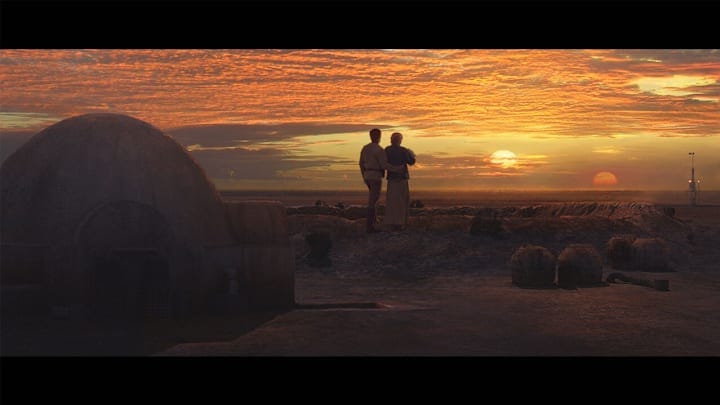Star Wars and The Gift of Nostalgia
Last spring I took our entire family to see Star Wars Episode I: The Phantom Menace in theaters for its 25th anniversary re-release. Everyone had a wonderful time (if you’re unfamiliar with my opinion of that movie and the prequels in general: abandon all hope, ye who enter here). We got to do an encore last week, as Episode III: Revenge of the Sith has…



